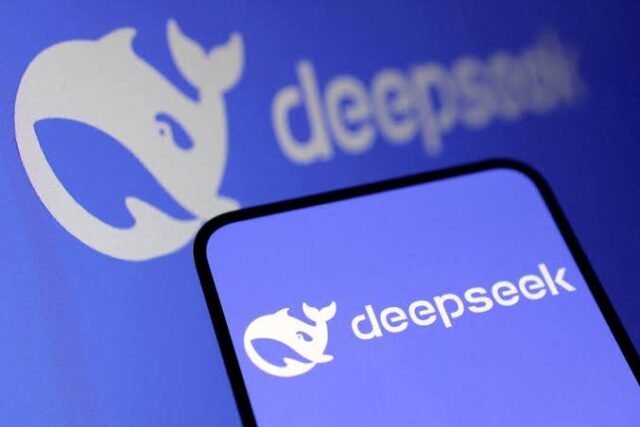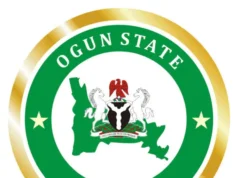Artificial Intelligence (AI) is no longer the futuristic idea people once spoke about—it is already here, changing the way businesses run globally. In 2024, the launch of DeepSeek R1, a powerful open-source AI system from China, sent shockwaves across the tech industry. Built at a fraction of the cost of Western rivals, DeepSeek has been called the “Sputnik moment” of AI, signalling that innovation is no longer tied to billion-dollar investments alone.
For Nigeria, this arrival marks a turning point. Businesses across finance, retail, healthcare, education, and even government can now explore the benefits of cutting-edge AI without the heavy price tags that used to make such tools unattainable. The question is not whether DeepSeek will matter, but how Nigerian enterprises prepare for what comes next.
Table of Contents
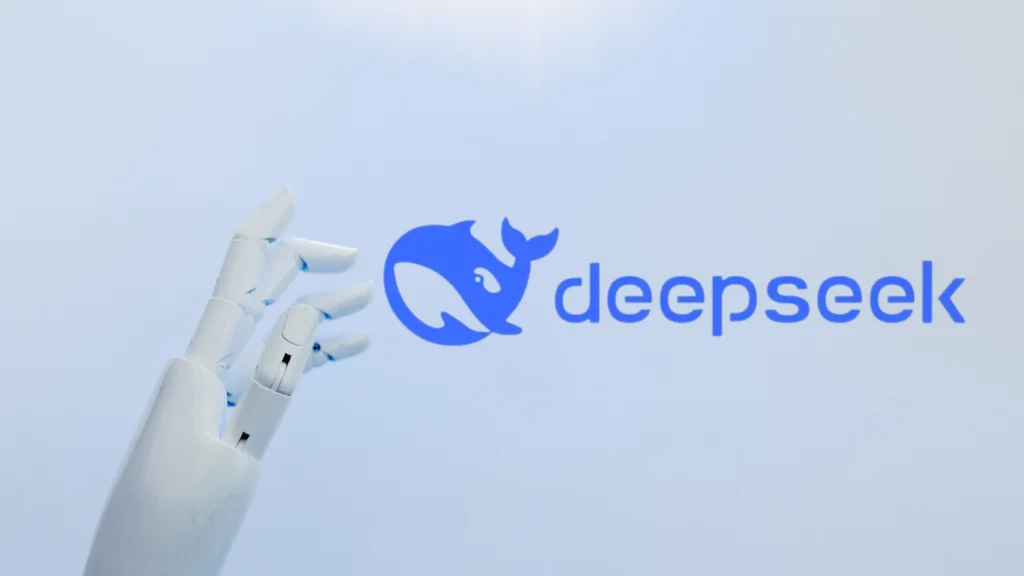
A Game Changer for Nigerian Enterprises
Traditionally, access to AI in Nigeria has been lopsided. Large corporations and multinationals could afford to integrate sophisticated systems, while start-ups and small enterprises were left behind. DeepSeek changes that balance. With its affordability and open-source structure, Nigerian businesses of all sizes can now enjoy AI-driven insights that were once reserved for the tech giants.
Imagine a small logistics firm in Lagos using DeepSeek to predict delivery delays, optimise routes, and manage fuel costs. Or a health-tech start-up in Abuja leveraging the model to analyse patient records, detect early signs of disease, and improve care—all without paying exorbitant fees to foreign providers. In agriculture, farmers can feed weather data and soil reports into DeepSeek to predict crop yields or detect pest risks, helping boost food security.
The ripple effects could be massive:
- Productivity gains – AI reduces repetitive tasks, allowing workers to focus on higher-value responsibilities.
- Cost efficiency – Businesses can deploy smarter tools without hiring expensive consultants or tech contractors.
- New opportunities – From fintech to e-commerce, affordable AI sparks innovation, creating jobs and new revenue streams.
This levelling of the playing field means that innovation will not only come from big banks or tech companies. Local businesses, SMEs, and even students with entrepreneurial drive can plug into DeepSeek to build products and services that meet real Nigerian needs.
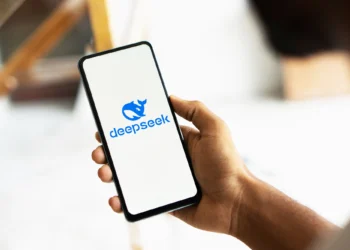
The Ethical Crossroads: Challenges We Must Face
While the opportunities are exciting, the risks cannot be ignored. DeepSeek’s rollout comes at a time when Nigeria is still grappling with digital literacy gaps, weak regulatory frameworks, and concerns around data privacy. If businesses rush to adopt the technology without proper safeguards, the results could be harmful.
One big concern is bias in data. AI models like DeepSeek learn from the information fed into them. If that data reflects global or cultural biases, then the outputs can reinforce discrimination in areas such as lending, hiring, or healthcare. For instance, if a bank uses DeepSeek for credit scoring without adjusting for Nigerian realities, underserved communities may find themselves unfairly excluded.
There is also the matter of data protection. Many Nigerian firms struggle with cybersecurity; adding AI systems that require vast amounts of sensitive information raises the stakes even higher. Without clear policies, data could be misused or fall into the wrong hands.
Finally, there is the question of equity. If only urban businesses or companies with tech-savvy staff can access DeepSeek, rural communities and smaller entrepreneurs risk being left behind once again. Closing this gap requires not only affordable tools but also training, awareness, and inclusive implementation.
This is why social scientists and ethics experts must be part of Nigeria’s AI journey. Their experience in community wellbeing, cultural sensitivity, and fairness will help ensure DeepSeek benefits everyone—not just the privileged few.
Leading with Vision: How Nigerian Leaders Should Respond
To make the most of DeepSeek AI, Nigerian business leaders and policymakers must think beyond short-term profits. This is about shaping a national strategy for AI adoption that encourages innovation while protecting citizens.
Some key steps forward include:
- Create inclusive policies – Regulators should develop guidelines that make AI safe, ethical, and accessible to all. This means enforcing strong data protection laws and requiring transparency in how AI decisions are made.
- Invest in training – Government, universities, and private organisations must expand AI literacy programmes so that Nigerian workers can thrive in an AI-driven economy. Upskilling should not be limited to tech professionals alone—farmers, teachers, healthcare workers, and artisans all need AI awareness.
- Support start-ups and SMEs – Special funding and incubation programmes could help young innovators build AI-powered solutions with DeepSeek. Imagine hundreds of Nigerian-made applications solving problems in transport, energy, and finance, all exported across Africa.
- Encourage collaboration – Businesses should partner with academics, social workers, and civil society to ensure AI tools align with cultural and ethical values. An AI-driven product in Nigeria should feel Nigerian—not a foreign solution forced onto local realities.
Leadership is not just about adopting new technology quickly—it’s about making sure technology strengthens our economy and society as a whole.
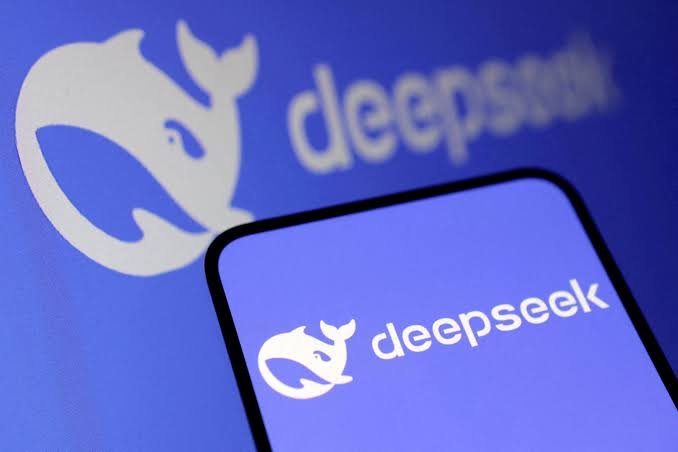
Building a Nigerian Future with DeepSeek
If Nigeria gets this right, DeepSeek could be the gateway to a future where AI innovation is homegrown, affordable, and inclusive. Instead of always importing solutions from Silicon Valley or Beijing, Nigerian developers can customise DeepSeek to solve distinctly Nigerian challenges—traffic congestion, electricity distribution, agricultural inefficiency, and more.
This is a chance to leapfrog barriers that have long held the economy back. For the first time, AI power is not locked away behind billion-dollar walls. It is in the hands of any business or individual willing to learn, adapt, and innovate responsibly.
Yet, success depends on balance. We must resist the temptation to embrace technology blindly while ignoring the risks. As one Lagos-based fintech founder recently remarked, “AI is only as good as the hands that use it. In Nigeria, our task is not just to plug in DeepSeek—it’s to make it serve the people.”
The story of DeepSeek in Nigeria will ultimately be written by the choices we make now. Will we prepare the ground for a more equitable and competitive economy, or allow the same old inequalities to be reinforced by digital tools? The answer rests with business leaders, policymakers, and every Nigerian entrepreneur willing to dream bigger.
Join Our Social Media Channels:
WhatsApp: NaijaEyes
Facebook: NaijaEyes
Twitter: NaijaEyes
Instagram: NaijaEyes
TikTok: NaijaEyes


